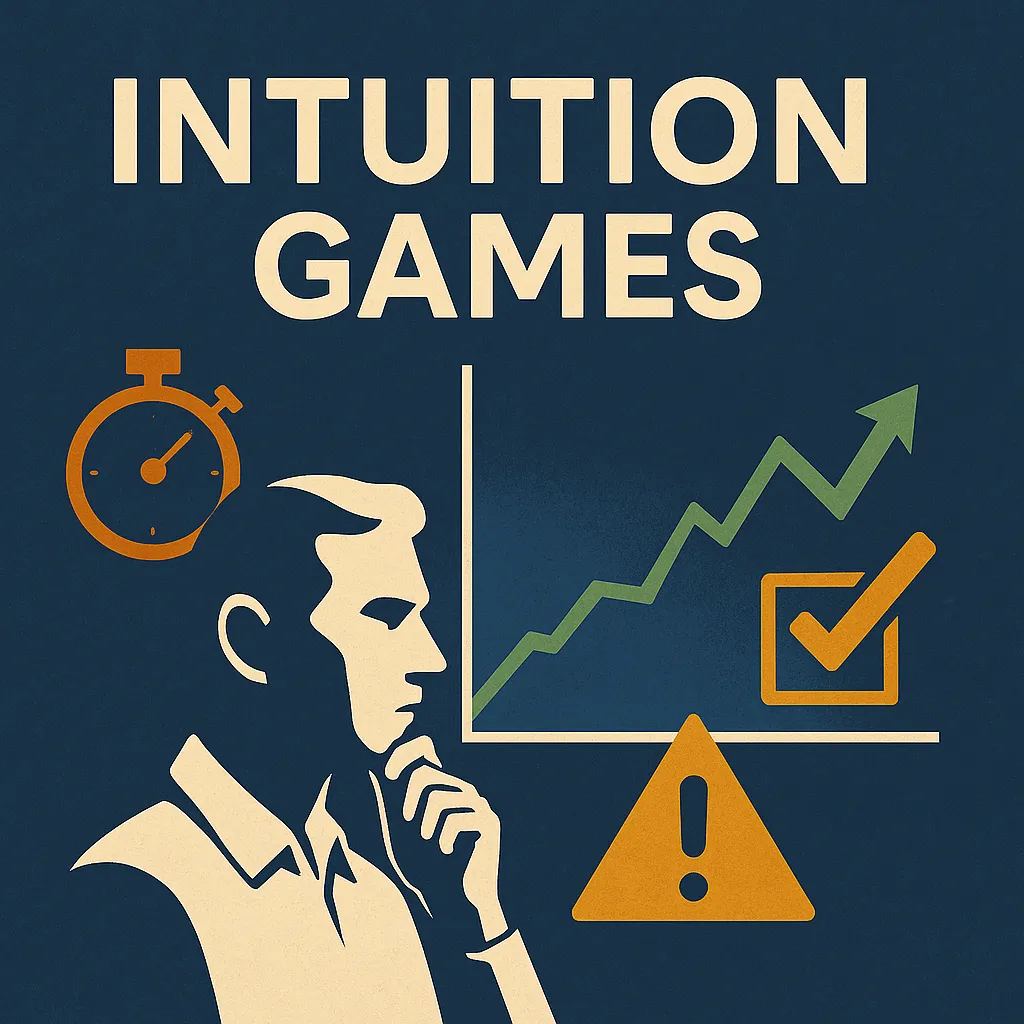The days of grinding for hours or mastering complex button combos may be numbered. In the world of Web3 gaming, success is no longer about raw speed or aggressive tactics. It’s about timing, patience, and gut instinct. Games are evolving into economic simulations where “when” you act matters more than “how” you act. Welcome to gaimonomics — the emerging intersection of gameplay and financial behavior, where intuition is the ultimate skill.
Fewer Buttons, More Consequences
Minimalism is becoming the core design language of Web3 games. Instead of flashy UIs and overloaded HUDs, these games offer sparse, clean interfaces that test your decision-making rather than your dexterity.
This shift in design leads to a few key outcomes:
- Lower barrier to entry — anyone can play without prior gaming experience
- Equal footing — veteran players no longer dominate by muscle memory
- High-stakes simplicity — every choice matters in real time
You’re not just clicking — you’re calculating. The screen becomes a psychological arena where hesitation can be just as powerful as action.
Aviator: A Game Built Entirely Around the Exit Moment
One of the best-known examples of this design philosophy is Aviator, a game created by Spribe. It’s not a shooter, not a simulator, not an arena brawler. It’s a behavioral test wrapped in a sleek interface.
Here’s how it works: a virtual airplane (actually a multiplier graph) takes off. The longer it flies, the higher the payout climbs. You can cash out at any time… but wait too long, and it crashes — taking your bet with it.
What makes Aviator revolutionary in the P2E and Web3 space:
- It’s a live simulation of fear, greed, and timing
- It echoes crypto trading psychology — watching a chart rise, sensing when to sell
- It rewards patience and sharp intuition over traditional gaming reflexes
In essence, it’s not a game in the traditional sense — it’s a behavioral sandbox. It aligns perfectly with decentralized finance (DeFi) systems, where decisions must be made based on gut feel, not gameplay loops.
Inaction as a Valid Strategy
One of the biggest mental shifts in Web3 gaming is recognizing that not acting can be the smartest play. Instead of boss fights, the real challenges are questions like:
- When should you mint or buy an NFT?
- When’s the right time to exit staking?
- When should you vote in a DAO proposal?
- When do you end a session before losses mount?
The player who wins isn’t the one with the fastest reflexes — it’s the one who hits the wave at just the right time. Games like Aviator train that instinct. They encourage reflection, not reaction.
Gaimonomics: The New Economy of Actions and Pauses
We’re entering an age where decisions in gaming mirror those in decentralized finance. Guilds, DAO governance, token staking, and in-game economies all operate on the logic of “timed risk.” And in this world, waiting is not laziness — it’s resource management.
Games with core mechanics based on timing and risk offer players:
- Real training for managing DeFi protocols and DAO participation
- Tools to resist FOMO, speculation traps, and impulse actions
- A mindset closer to traders, economists, and even political actors than traditional gamers
This isn’t just entertainment anymore. It’s financial simulation through play — a bridge between gaming culture and real-world decentralized strategy.


